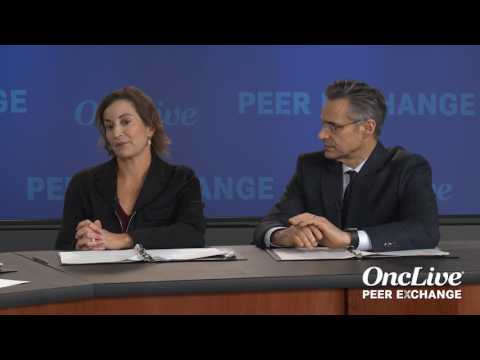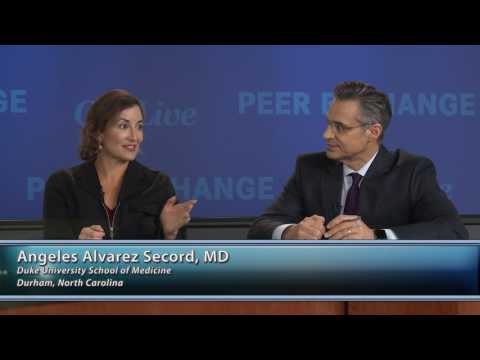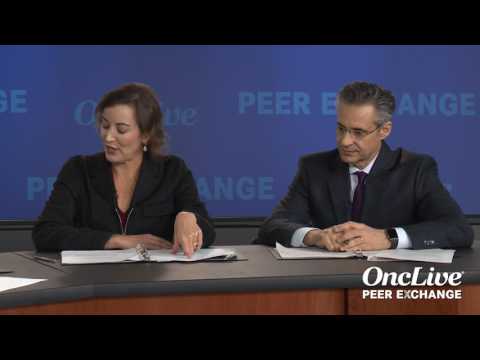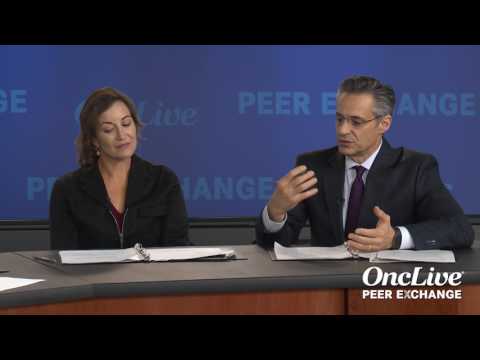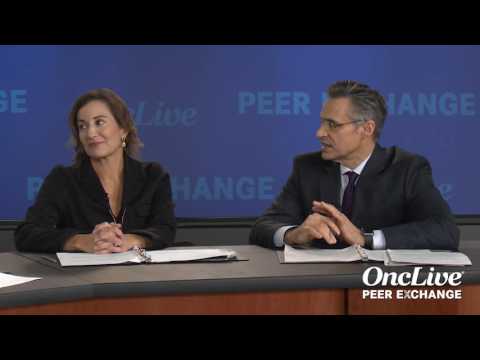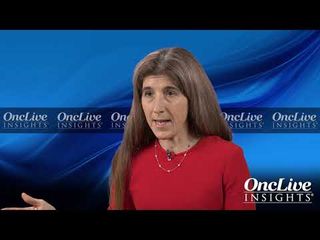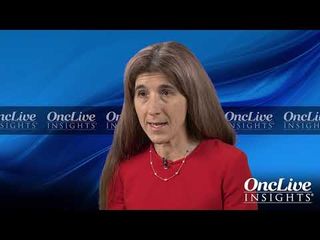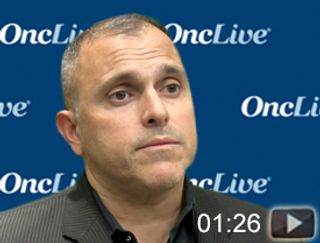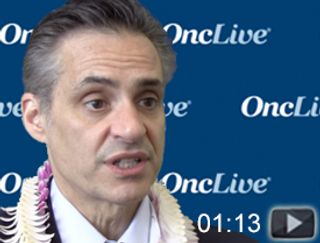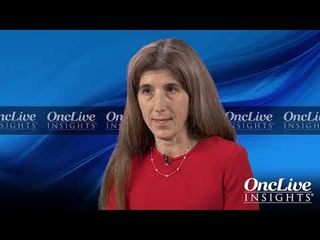
Ovarian Cancer
Latest News
Latest Videos

CME Content
More News
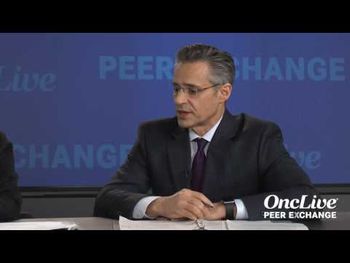

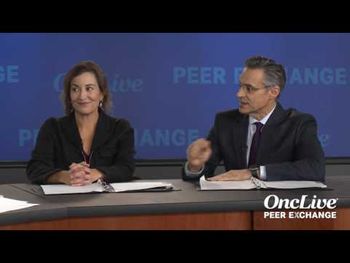
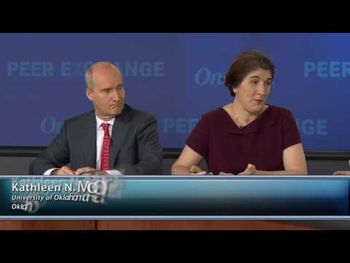
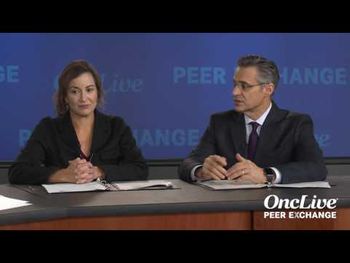


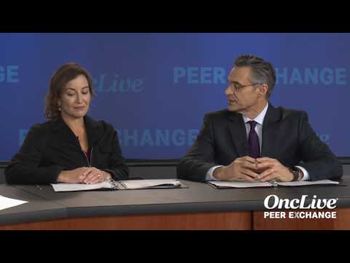
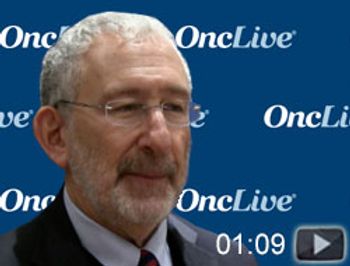
Maurie Markman, MD, president, Medicine and Science, Cancer Treatment Centers of America, editor-in-chief, OncologyLive, discusses combination treatments in ovarian cancer.
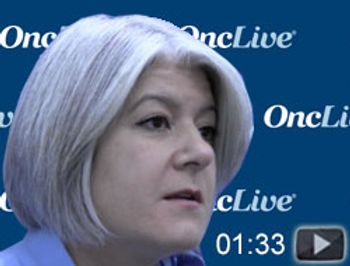
Rebecca Kristeleit, BSc, PhD, consultant medical oncologist, University College-London Cancer Institute, discusses the safety profile of rucaparib in the treatment of patients with ovarian cancer.
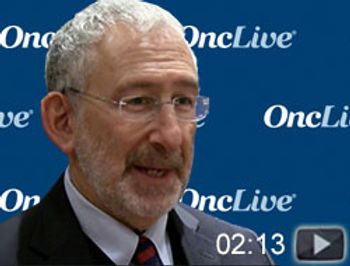
Maurie Markman, MD, president of Medicine and Science, Cancer Treatment Centers of America, editor-in-chief, OncologyLive, discusses the development of immune targeting in ovarian cancer.
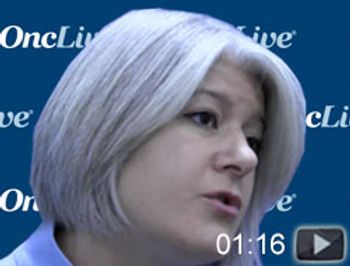
Rebecca Kristeleit, BSc, PhD, consultant medical oncologist, University College-London Cancer Institute, discusses the efficacy of rucaparib in the treatment of patients with ovarian cancer.
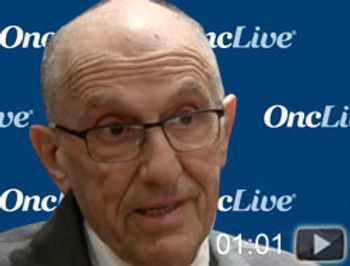
Franco M. Muggia, MD, professor, Department of Medicine, NYU Langone Medical Center, discusses the current challenges oncologists are facing in the treatment landscape of ovarian cancer.

Maurie Markman, MD, president, Medicine and Science, Cancer Treatment Centers of America, editor-in-chief, OncologyLive, discusses the search for actionable biomarkers in the treatment of patients with ovarian cancer.

The FDA has granted a priority review to a new drug application for the PARP 1/2 inhibitor niraparib for use as a maintenance therapy in patients with recurrent epithelial ovarian, fallopian tube, or primary peritoneal cancer who have responded to platinum-based chemotherapy.

Michael Birrer, MD, PhD, director of Medical Gynecologic Oncology at Massachusetts General Hospital, discusses the FDA approval of rucaparib for as a treatment for patients with BRCA-positive advanced ovarian cancer who have received at least 2 prior lines of chemotherapy.

The FDA has approved rucaparib (Rubraca) as a treatment for patients with BRCA-positive advanced ovarian cancer who have received at least 2 prior lines of chemotherapy, according to Clovis, the manufacturer of the PARP inhibitor

Although randomized phase III clinical trials often lead to groundbreaking drug approvals and offer novel therapeutic regimens, Maurie Markman, MD, insists that the search for validated, actionable biomarkers is more important than initiation of new studies.

Bevacizumab has been granted FDA approval for platinum-sensitive ovarian cancer, based on findings from phase III trails: GOG-0213 and OCEANS.

Ovarian cancer remains a silent and deadly tumor type with 5-year survival rates that lag far behind those of other gynecologic malignancies. Yet optimism is in the air these days as researchers focus on developing new therapies in 2 key areas: antiangiogenic agents and PARP inhibitors.
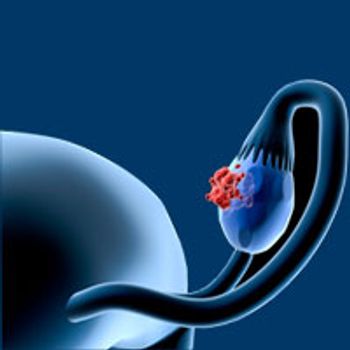
A multipronged attack on the tumor vasculature network is at the heart of a recently launched clinical trial aimed at developing new therapeutic options for women with advanced, recurrent, platinum-resistant ovarian cancer.
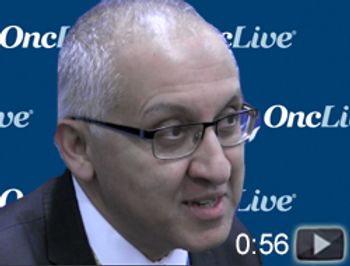
Mansoor Raza Mirza, MD, chief oncologist at Rigshospitalet, Copenhagen, Denmark, discusses niraparib in patients with platinum-sensitive recurrent ovarian cancer

Significant progress is being made in the treatment of gynecologic malignancies, especially in ovarian cancer, according to Douglas A. Levine, MD.

Jasgit Sachdev, MD, clinical associate professor at Translational Genomics Research Institute, discusses the goals she would like to see achieved regarding the treatment of ovarian cancer.
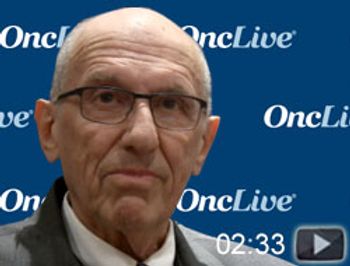
Franco M. Muggia, MD, professor, Department of Medicine, NYU Langone Medical Center, discusses combination treatments currently being tested for the treatment of patients with ovarian cancer.


